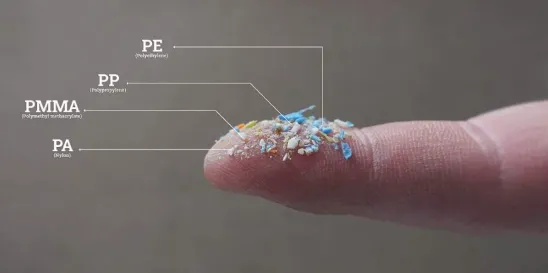Since EPA published its PFAS road map just a little more than two years ago, I've often commended EPA for its ambitious plan to regulate the forever and everywhere chemicals known collectively as PFAS. After all, if, as EPA says is the case, PFAS pose a serious threat to human health and the environment at the most minute concentrations, it stands to reason that the Federal government would keep them out of our environment.
One facet of EPA's PFAS road map, announced the week after the rest of the map, was the EPA intention to regulate four of the hundreds of PFAS as hazardous waste under Federal law, more specifically RCRA, in response to a petition by the New Mexico Governor. As I wrote then, this would mean that states delegated authority to implement RCRA (of which there are many) would be able to take the lead under federal law in addressing the disposal and remediation of those PFAS in those states.
North Carolina, which is where EPA Administrator Regan was the Secretary of the Department of Environmental Quality right before he was appointed by President Biden, happens to be one of those states.
As Lara Beaven of Inside EPA is reporting today, the White House Office of Management and Budget is currently reviewing the EPA regulations promised to the New Mexico Governor and the rest of us in the fall of 2021. But, in the meantime, EPA apparently allowed Chemours to import 2 million kilograms of PFAS waste from Europe to North Carolina for disposal so long as the disposal occurred before September of next year.
That allowance was apparently too much for the Governor of North Carolina, Roy Cooper, who coincidentally hired EPA Administrator Regan for his last gig.
Now, Inside EPA reports, EPA has asked Chemours to please not do that which it has already received permission from EPA to do. This puts Chemours in a bit of a bind because the only reason it was seeking to bring this waste all the way back to the United States is because the Europeans are ahead of the United States in tightly regulating the use and disposal of PFAS.
Now, again, none of this is the current EPA's fault. Promulgating regulations in the United States, not to mention defending them in court, takes time. And EPA has been moving as quickly in the implementation of its PFAS road map as one could reasonably expect.
But, as I wrote two years ago, in the meantime, how PFAS are addressed is going to continue to depend on where you live. At the time I was thinking about differences in the way states were regulating PFAS but the same is also true of differences between nations.
For most of my life, the United States has been an exporter of things we didn't want any more because it was easier to dispose of them elsewhere, particularly third world countries with few if any environmental regulations and even less enforcement. Now, at least when it comes to PFAS, the shoe might be on the other foot because, while nature might abhor a vacuum, the same apparently isn't true of those with PFAS they don't want.




 />i
/>i

